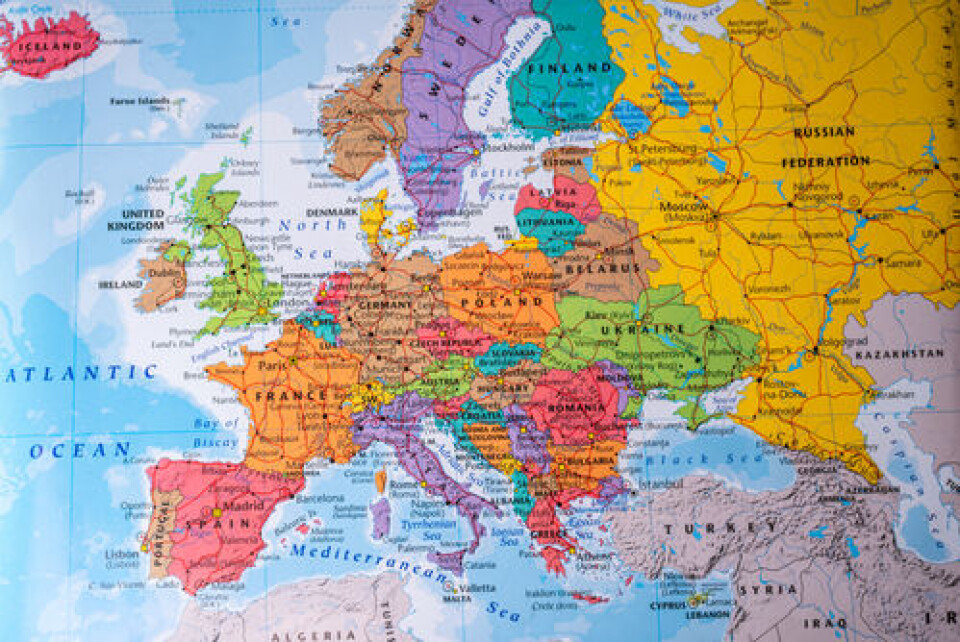-
Can you vote by proxy in French elections?
French and EU citizens are eligible to vote in municipal elections
-
What are penalties for not conforming with new septic tank request?
Some financial aid is available for homeowners needing to install new tanks
-
How can I reduce my wife's admin after my death in France?
Specialist UK firms can help ease things along and liaise with the notaire
Does the day of entry/exit count towards EU’s 90-day visit limit?
The EU allows third-country nationals entitled to visa-free travel to stay for 90 days in every 180

Reader Question: Is the day of arrival in the EU and of departure from the EU counted as a day within the 90 days British citizens are allowed?
British citizens are allowed to stay in the Schengen zone without obtaining a visa for a period of 90 days within every 180.
It should be noted that this 180 days is a rolling period, so should be calculated looking back rather than looking forward.
For example, if you want to travel to France on July 1 but have already spent 85 days in Italy in the last six months – from March 1, for example – you will only have five days left until the time spent in Italy ‘drops off’ the end of the last 180 days.
There are various online calculators that you can use to determine how many visa-free travel days you have left in the current 180-day period.
Your 90-day allocation begins as soon as you enter the EU country in question and your passport is stamped by border control officers.
The date stated on the stamp counts as day one of your allowance, and the eventual exit stamp will also count as the last day.
Even if – for whatever reason – your passport is not stamped, it will normally have been scanned and a computer system will be keeping track of the number of days you have spent in the country.
This is reflected in the calculators mentioned above.
A new EU-wide Entry/Exit System (EES) is due to come into force this year to develop the gathering of information of people travelling in and out of the EU.
As well as noting a person’s name and biometric data, it will also further digitise the process of recording the amount of time that they stay within the bloc, automatically calculating the number of days that the person has left. It is believed that this could eventually end the need for passport stamps at EU borders.
Read more: Dover Port boss warns of safety issues and delays with new EU checks
Read more: How can the EU’s proposed Etias and EES systems not be Brexit revenge?
It should also be noted that the 90-day rule applies to nearly the whole Schengen zone, which includes Iceland, Liechtenstein, Norway and Switzerland, even though they are not in the EU.
However, British nationals are allowed to stay in Bulgaria, Croatia, Cyprus and Romania for up to 90 days separately from their Schengen-wide allocation. Visiting these countries will not impact the amount of time you are allowed to stay in France or Germany, for example.
Related articles
The EU's 90/180-day rule: How does it work?
Do UK-based (adult) children of French residents still need a visa?
























